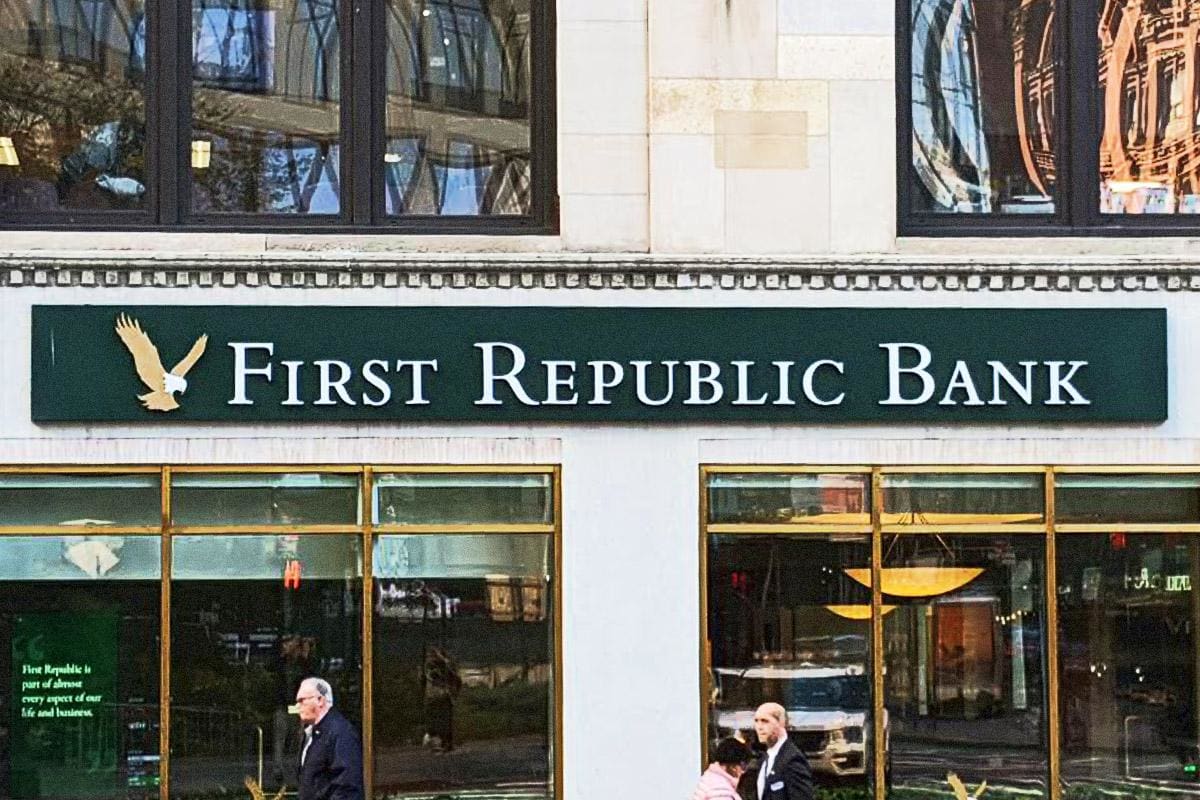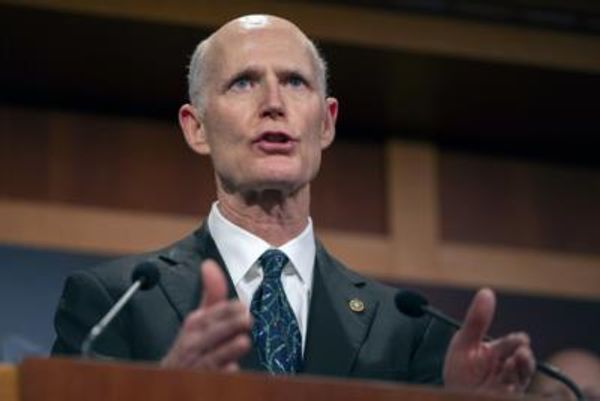
For several months before the downfall of First Republic Bank (FRC), executives such as the executive chairman and CEO had been selling shares of the California bank.
The executives sold a total of $11.8 million of shares at prices averaging just below $130 a share before investors fled the stocks of regional banks on fears that their balance sheets were weak.
DON'T MISS: First Republic Bank Rescued by US Banks
Their massive stock sales went partly unnoticed because the divestments were not required to be reported to the Securities and Exchange Commission, but only to the Federal Deposit Insurance Corporation, which serves as a regulator for banks.
The executives have filed stock sale forms with the FDIC, which publishes these on its website. First Republic Bank also publishes the disclosures individually on its website.
First Republic Bank was rescued by 11 U.S. banks on March 16, shoring up its liquidity as the banks provided $30 billion in deposits.
Millions
Purchases and sales of stock by executives of companies are followed closely by Wall Street and investors to determine the future of a company's balance sheet. First Republic Bank is the only company that is part of the S&P 500 index that is not required to file the trades made by executives, according to the Wall Street Journal's analysis.
Signature Bank, a New York bank that was shuttered by the FDIC on March 12, also had the same exemption.
The Securities Act of 1933 is what gives banks the leeway to not register their securities wtih the SEC.
The largest First Republic stock sales was made by its executive chairman, James Herbert II, who sold $4.5 million worth of shares since the beginning of 2023. He sold $4.5 million worth of shares in January and February through two sales that consisted of 7% and 5% of his holdings at the time, respectively, according to filings.
Herbert's spokesman said the 78-year-old's stock sales were part of his annual strategy to make decisions for his estate planning and philanthropy since over one fifth of the divestment of stocks were donated to charity, according to the WSJ.
The bank’s president of private wealth management, Robert Thornton, sold 73% of his outstanding shares on Jan. 18 for $3.5 million. He had not made any trades in First Republic since 2021. Thornton's stock sale was the single largest one made by an executive due to its value and proportion of holdings.
First Republic’s Chief Executive Officer Michael Roffler sold nearly $1 million of the bank's stock back in January. He also divested $1.3 million of shares last November. Prior to that sale, Roffler had not sold any shares of the bank since July 2021.
David Lichtman, the chief credit officer, sold $2.5 million worth of shares during three sales in 2023. His most recent sale occurred on March 6, which was only two days before Silvergate Bank shut down and when Silicon Valley Bank disclosed its $1.8 billion loss that led to a run on the bank.
Lichtman and his spouse had divested $2.5 million shares of the bank back in November and December. The filings showed they made a total of seven trades during five months, which was the largest number of divestments during the time period.
Vulnerabilities
None of the executives sold their shares of the bank under 10b5-1 plans, which are sales that are designed to be set up on a schedule to avoid insiders of companies from facing allegations that they placed trades due to information that was nonpublic.
First Republic said in a SEC filing that it had cash of $34 billion prior to the promise of an additional $30 billion from a consortium of 11 banks lead by JPMorgan Chase (JPM Get Free Report CEO Jamie Dimon in coordination with the Federal Reserve and the U.S. Treasury.
The group also said it had borrowed $119 billion over the past week from both the Fed's new lending backstop program and the Federal Home Loan Bank at a rate of 5.09%.
About 70% of First Republic's deposits are uninsured. Its customer base consists mostly of wealthy individuals whose savings top the $250,000 limit set by the FDIC.
The group of the biggest U.S. banks agreed to provide $30 billion in deposits for First Republic, agreeing to leave the cash for at least 120 days while earning the same daily interest as current First Republic clients in an effort to shore-up confidence in the broader financial system.
The unrealized losses on both Signature Bank and Silicon Valley Bank's balance sheets led to concern from First Republic's investors. The fair value of First Republic's asset portfolio was $26.9 billion less than its book value.
The difference was more than its equity $17.4 billion and since over two thirds of its customer base's deposits were not insured by the FDIC, a bank run was a likely scenario for clients wary about being able to withdraw their cash.






